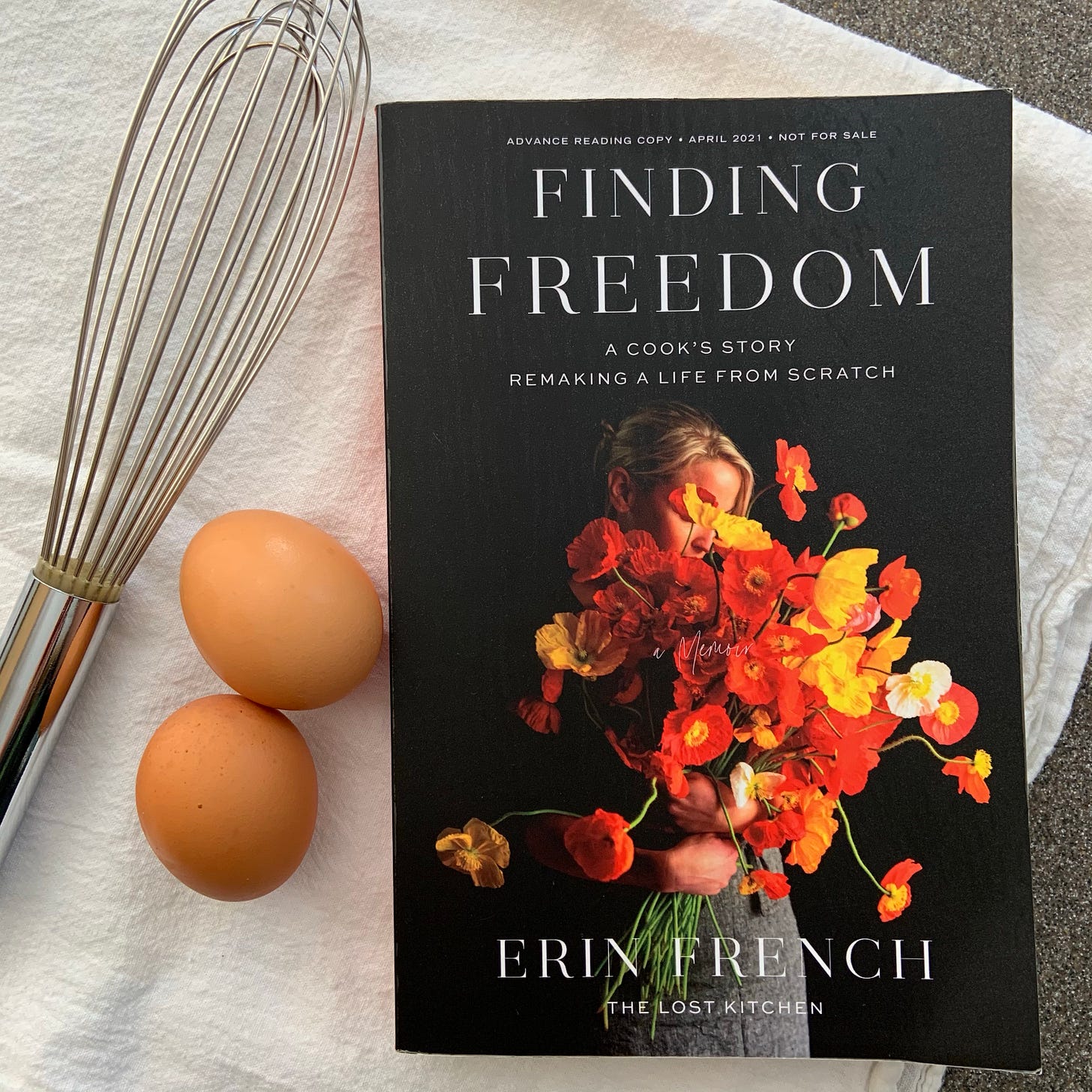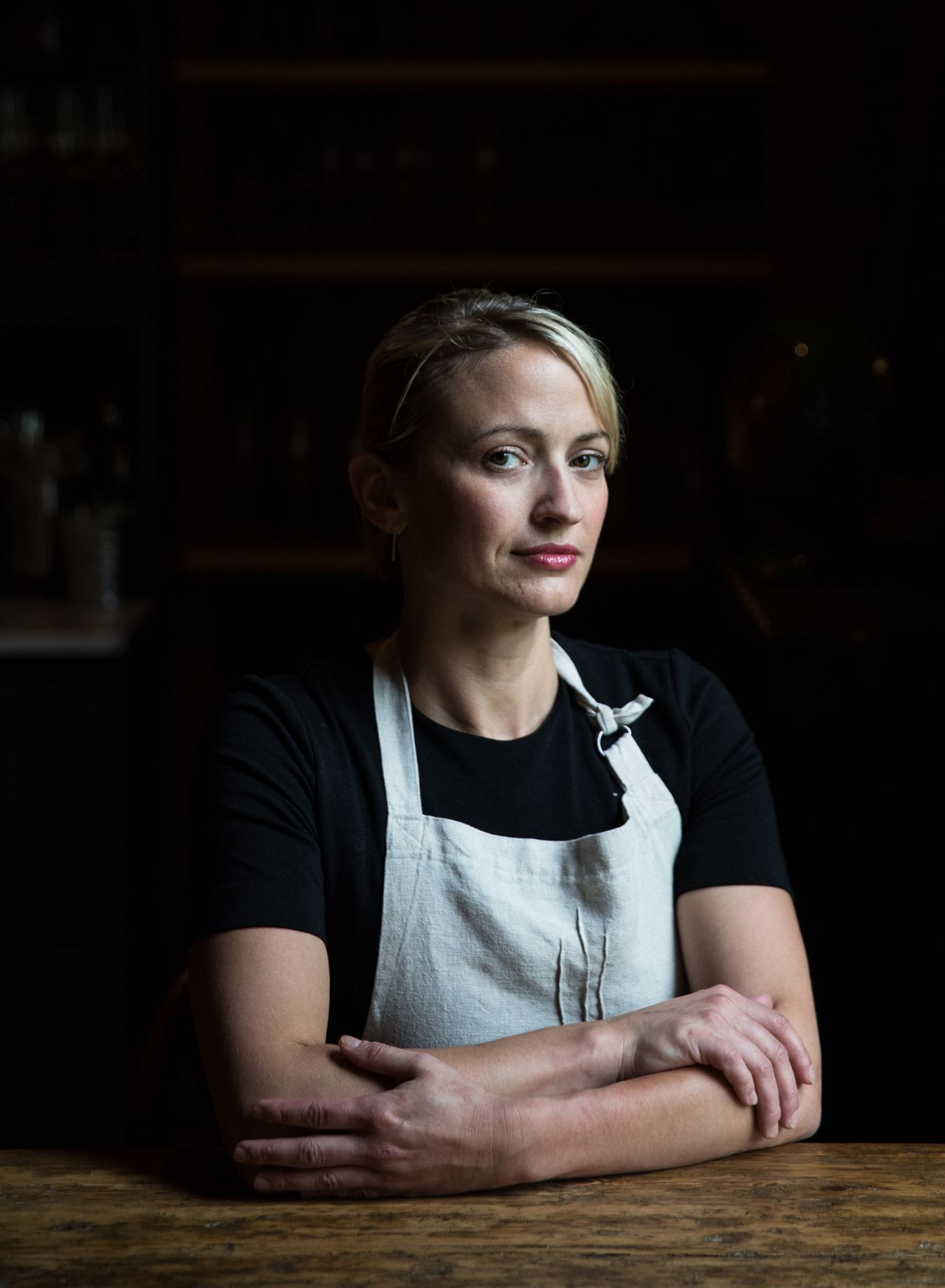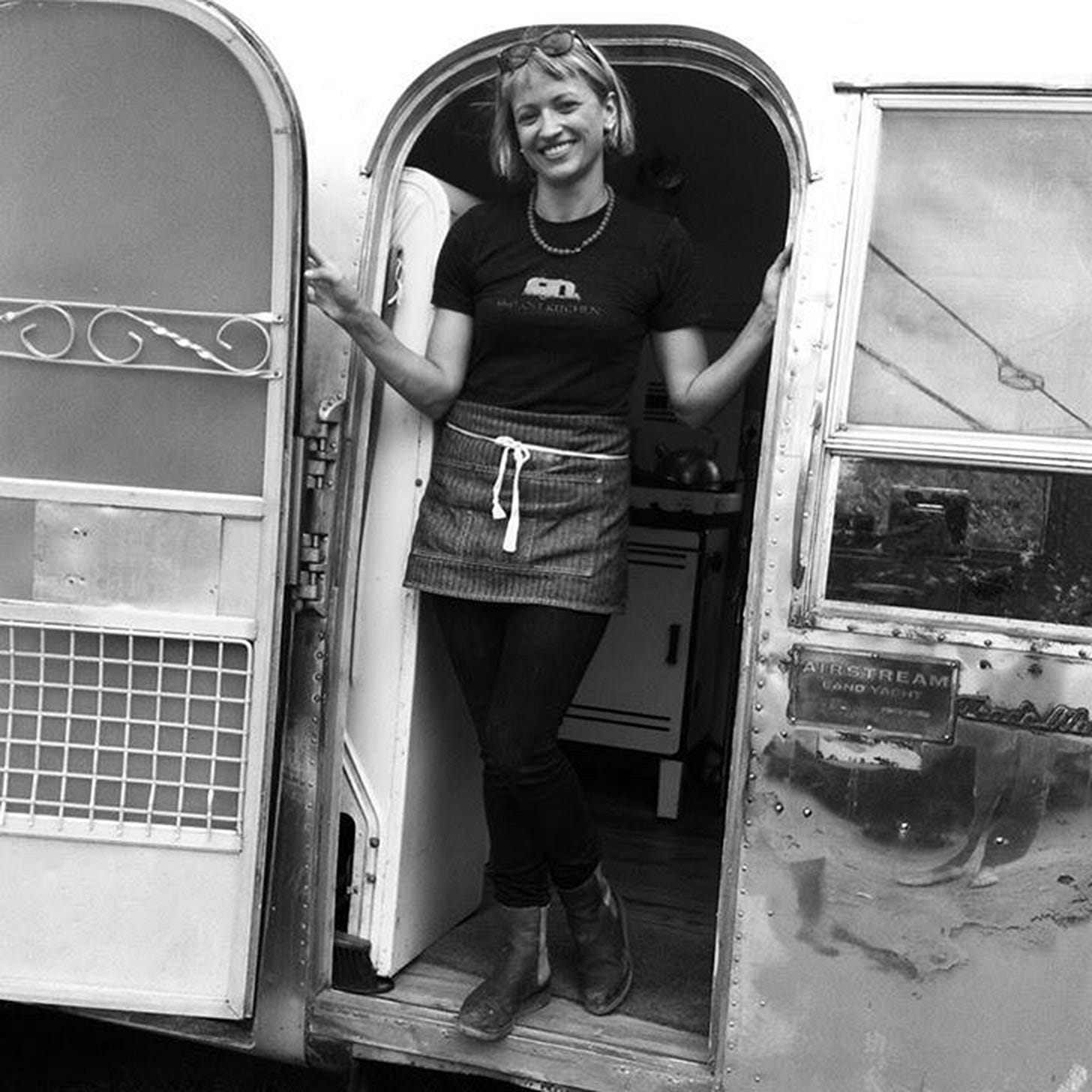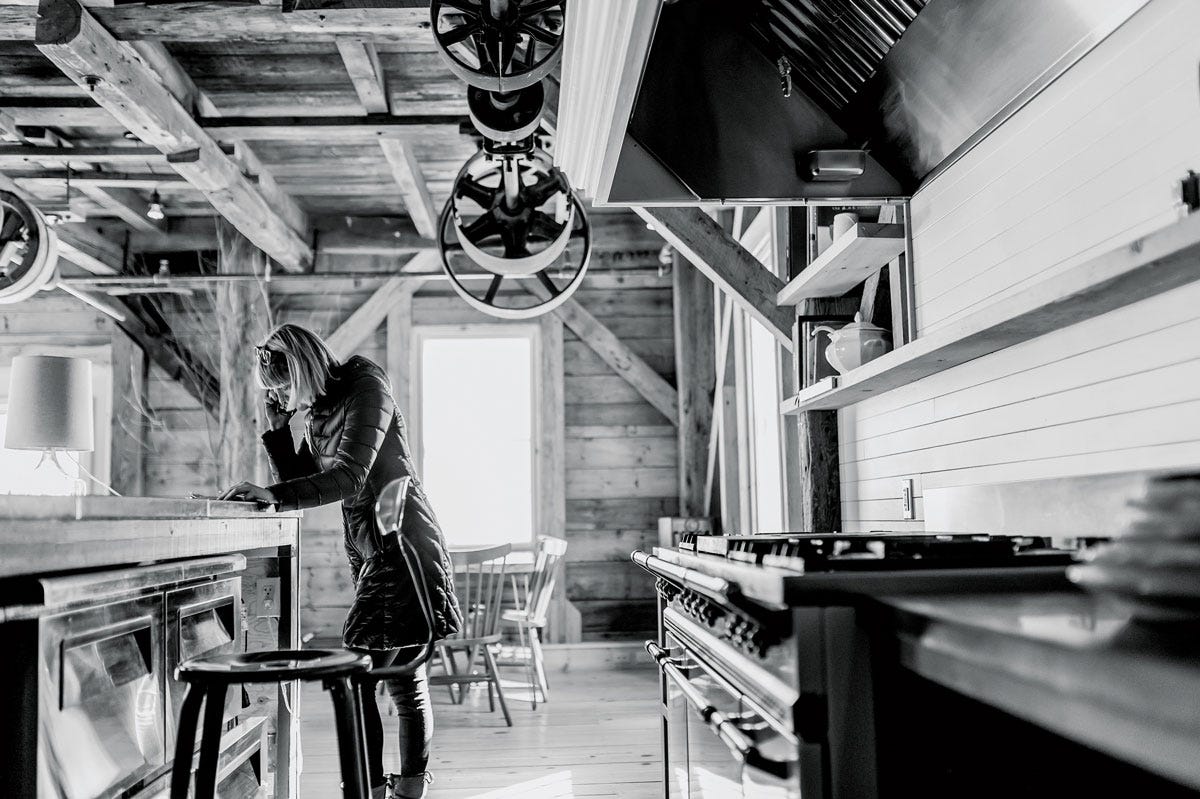It baffles my mind to hear people say things like, “The church isn’t relevant today,” or, “That book is too old to have anything to say in 2023”, or “You don’t really believe all of that, do you?”
First, I used the word “relevant” to stir a few of you up. We know the Church is called to be relevant, yet still, many look to the Church for relevancy.
Yes, the book is old, but so too, are Socrates and Shakespeare.
And, yes, I do.
Developing a theological lens through which we can view God’s created world and our role in it is one of the many things that draw me to theology. Regardless of what some might say, theology is not one-size fits all, and it’s the “bigness” that is possible in theological work that makes me want to read, write, and learn more.
Speaking of reading, I’ve taken it upon myself to read more this year. I am ahead of my goal four months into the year, and my latest book was Finding Freedom by Erin French. The book tells the story of her journey from a troubled childhood to becoming a celebrated chef and restaurant owner. The book explores themes of faith, redemption, and the power of community and has been widely praised for its honest and inspiring message. From the publisher:
Long before The Lost Kitchen became a world dining destination with every seating filled the day the reservation book opens each spring, Erin French was a girl roaming barefoot on a 25-acre farm, a teenager falling in love with food while working the line at her dad’s diner and a young woman finding her calling as a professional chef at her tiny restaurant tucked into a 19th century mill. This singular memoir―a classic American story―invites readers to Erin's corner of her beloved Maine to share the real person behind the “girl from Freedom” fairytale, and the not-so-picture-perfect struggles that have taken every ounce of her strength to overcome, and that make Erin’s life triumphant.
In Finding Freedom, Erin opens up to the challenges, stumbles, and victories that have led her to the exact place she was ever meant to be, telling stories of multiple rock-bottoms, of darkness and anxiety, of survival as a jobless single mother, of pills that promised release but delivered addiction, of a man who seemed to offer salvation but in the end ripped away her very sense of self. And of the beautiful son who was her guiding light as she slowly rebuilt her personal and culinary life around the solace she found in food―as a source of comfort, a sense of place, as a way of bringing goodness into the world. Erin’s experiences with deep loss and abiding hope, told with both honesty and humor, will resonate with women everywhere who are determined to find their voices, create community, grow stronger and discover their best-selves despite seemingly impossible odds. Set against the backdrop of rural Maine and its lushly intense, bountiful seasons, Erin reveals the passion and courage needed to invent oneself anew, and the poignant, timeless connections between food and generosity, renewal and freedom.
The nerd in me has loved these books because embedded, with or without the intent of the author, is rich theology. Robert Capon is best known for his writing about the blending of theology and cookery, yet in books like Finding Freedom or Taste, the authors mix the basic doctrines of the Christian faith before the reader’s eyes.
At the heart of French's book (I’d call it her theology, but I don’t know her well enough to say what her theology is) is the idea that we are all in need of healing and redemption. This is a theme that resonates throughout her book as she shares the struggles of her childhood, including poverty, abuse, and addiction. Yet despite these challenges, French never loses faith that there is a way out and that with hard work and determination, we can all find freedom from our past.
One of the most powerful moments in the book comes when French describes the experience of hitting rock bottom. She writes, "I felt like I was in a deep, dark hole, and I couldn't see a way out. But then, something miraculous happened. I realized that I wasn't alone. There were people who loved me and who were willing to help me. And with their support, I was able to find the strength to climb out of that hole and start living again."
BOOM, that’s theology! Now, we in the Church would point out that while French was in the deep, dark hole, unable to see a way out, she was not alone. Christ is with us in our darkest moments. When she pivots to the community around her she is describing how the Church cares for one another, not because we are supposed to do nice things for one another, but rather because our response to God’s love for us is to love one another.
That’s theology.
French writes, "I believe that food has the power to bring people together, to heal old wounds, and to create new memories. When we gather around a table, we are reminded that we are not alone, that we are part of something bigger than ourselves. And that is a beautiful thing."
BOOM, that’s sacramental theology! Church, we believe that around Christ’s table, we get a foretaste of the fulfillment of the Kingdom of God. Bread and wine become body and blood, and a means of Grace through which the broken are healed the Kingdom of God breaks into the world.
That’s theology.
French writes, "There is something magical about the world we live in. Even in the darkest moments, there is beauty all around us. And if we can open our hearts and minds to that beauty, we can find the strength to keep going, even when things seem impossible."
For French, this sense of wonder is intimately connected to her faith. Although she does not talk explicitly about her religious beliefs in the book, she is writing theologically about creation. God created the heavens and earth and call all of it good. Sin has marred the world (evident in French’s own story), yet the goodness of creation, stamped into by our Creator, remains.
Ultimately, the theology of Finding Freedom is about the power of love and community to heal our deepest wounds. French writes, "I have come to believe that love is the most powerful force in the universe. It can heal old wounds, mend broken hearts, and bring us together in ways that we never thought possible." That’s theology. The Church believes that the love of God, fully revealed to Creation through the life, death, and resurrection of Jesus Christ, is the most powerful force in the universe. It is the love of God that has healed our wounds, mends broken hearts, and gathers us together in ways we never thought possible.
That’s theology.
This is a piece I wrote for Crackers & Grape Juice +. CGJ+ is a subscription-based podcast and blog for those who want to take their Crackers & Grape Juice fandom and support to the next level. I hope you’ll consider subscribing and supporting the CGJ ministry.









